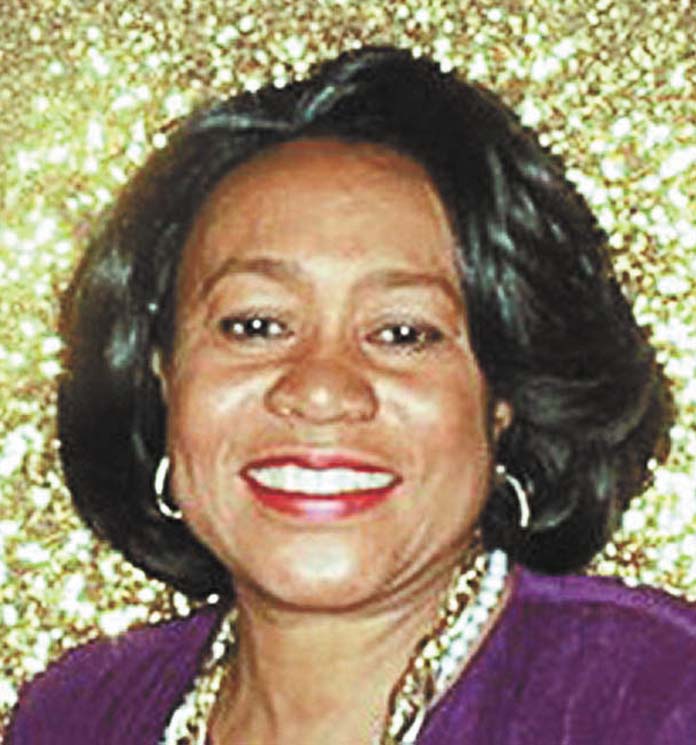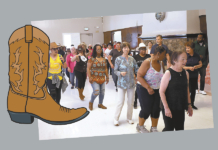RLACEI by Beverly J. Clark, Publicity Director
The Three Stages of Old Age

Did you know there are several phases of old age? I didn’t, until my son, who is working on his doctoral degree, told me about the classifications. I found it interesting and wanted to share it.
Here’s what I found: Old age is a natural phase of life, marked by unique experiences, challenges, and opportunities for growth. It is commonly divided into three stages: the “young-old,” the “middle-old,” and the “old-old.” Each stage encompasses distinct characteristics that shape one’s journey through the later years of life.
- The Young-Old (ages 65–74): This stage is often characterized by vitality and active engagement with life. Many individuals in this phase are newly Retired and have the opportunity to explore hobbies, travel and spend more time with family and friends. Physically and mentally, most people in the young-old stage remain relatively healthy, though they may notice subtle changes in energy levels and physical stamina. Social connections and maintaining an active lifestyle are key to thriving during this time.
- The Middle-Old (ages 75–84): The middle-old stage can bring more noticeable changes in health and mobility. Physical limitations may arise, requiring adjustments to daily routines. This period may also prompt introspection as individuals reflect on their achievements, relationships and legacy. Emotional well-being becomes especially important, and staying socially connected can help combat feelings of isolation. Many find new meaning through volunteering, mentoring or spiritual practices.
- The Old-Old (ages 85 and above): The old-old stage represents a time of significant physical and cognitive changes. Independence may be more challenging to maintain, and caregiving support is often necessary. However, this stage also offers opportunities for profound wisdom and deepened connections with loved ones. Storytelling and sharing life experiences can create a sense of purpose, leaving a lasting impact on younger generations.
Each stage of old age offers its own set of opportunities and challenges. By embracing these stages with resilience and a sense of purpose, individuals can navigate the later years of life with dignity, grace and fulfillment. Society plays a vital role in supporting older adults by fostering environments that promote inclusion, respect and care.












